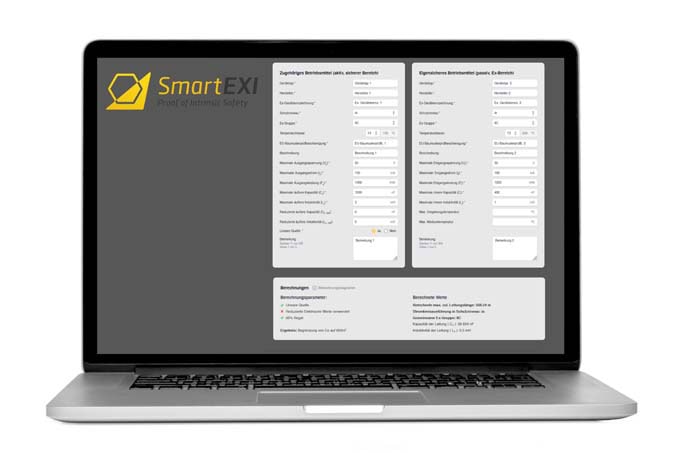Quality control, data management and supply chain as the most important AI use cases
The trend study "Digital 2030" by valantic and Handelsblatt Research Institute shows the most important use cases of AI in practice: quality control, data management and supply chain.

Artificial intelligence now supports the processes of DACH companies in a variety of ways. In collaboration with the Handelsblatt Research Institute (HRI), the digital consulting, solutions and software company valantic examined which use cases are particularly important for companies and what role industry affiliation plays in this. The results show that AI applications are already very popular with companies, particularly in quality control and automated data and document management. Supply chain optimization with AI is also an important field of application for many.
valantic and the HRI surveyed around 700 decision-makers from companies in Germany, Austria and Switzerland about the added value they are already achieving with the use of AI applications within their business processes (Applied AI). According to the survey, two out of three companies already report measurable benefits based on AI applications - for example in the form of efficiency gains, material and cost reductions or increases in sales and profitability. The study also looked at the question of how relevant these different use cases are.
Which use cases are particularly important?
As part of the survey, the client of the study differentiated between 14 use case clusters and asked the participants which of these application areas were most important for their own company. The following five clusters were given the highest relevance by the respondents:
- Quality control: Identify defects and ensure product quality by means of visual or other sensory inspections.
- Document and data management: Extract, process and manage information from documents and data records in large quantities, automatically and in high quality.
- Optimization of the supply chain: e.g. precise demand forecasting, optimization of delivery routes, reduction of inventory, optimized production and logistics planning.
- Robotics & Smart Products: Automation of product functions; interaction of sensor technology, control and logic for autonomous functioning and optimization of hardware products.
- Automation in customer service: chatbots and virtual assistants for processing customer inquiries and providing support.
AI-supported creation of media content still less relevant
While the top 5 AI use cases were each named as the most important for their own company by around a third of those surveyed, C-level decision-makers still attach comparatively little importance to the classic use cases of generative AI. For example, the generation of creative content (images, text, sound or video) was only one of the most important areas of application for AI applications in their own company for just under one in five (19%).
Another finding of the study is that the areas of application that are assigned the highest relevance for AI applications vary depending on the sector to which the companies belong. For example, companies from industrial sectors such as automotive, beverage and food production or manufacturing generally attach great importance to quality control using AI, while in the healthcare and pharmaceuticals sector, most decision-makers cite document and data management as an important use case. The most frequently cited use case in the retail and consumer goods sector is supply chain optimization. In contrast, purchasing and sales are extremely important for utilities companies, with many respondents naming price optimization as an important application.
Laurenz Kirchner, Managing Director and Data & AI Practice Lead at valantic, says: "Our study shows that AI is no longer a vision of the future, but is actively used in many companies. For many companies, the focus is shifting to the question of which areas of application offer the greatest benefits in their own company. Decision-makers need to prioritize use cases with real added value and strategically anchor AI initiatives. Without clear goals, prioritization and integration into the corporate strategy, there will be no added value."
Source: valantic
This article originally appeared on m-q.ch - https://www.m-q.ch/de/qualitaetskontrolle-datenverwaltung-und-lieferkette-als-wichtigste-ki-use-cases/









